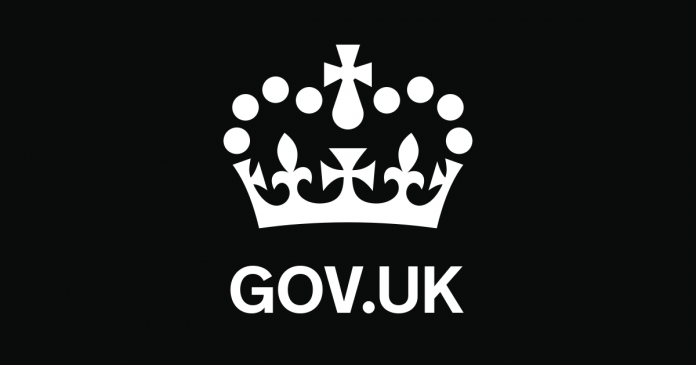Successful outcomes benefit defendants, prosecutors, enforcement agencies, magistrates, the court service and taxpayers.
Background
The Single Justice Service (SJS) enables magistrates’ courts to deal with low-level crimes and offences (such as speeding, fare evasion, or not having a TV licence) in a way that is quick and efficient for everyone involved – including the defendant – while still being fair and rigorous. It includes an online digital case management system for summary cases.
Almost 1 million summary cases in England & Wales were dealt with by the service in the 12 months before July 2019.
Before its introduction, engagement rates from defendants in summary cases were low, with the majority of defendants not responding to plea notices. This impacted courts and enforcement agencies because defendants who didn’t respond to notices often rejected judgments on the grounds of being unaware of the case.
Appeals against fines for summary cases were common and costly. To reduce appeals and simplify the process, we re-designed plea notices (Single Justice Procedure Notice – SJPN) so they are more engaging and easier for defendants to understand.
Consulting stakeholders
We worked with public user organisations, prosecuting agencies and legal professional representative bodies throughout the design process.
Organisations we consulted include:
- Justice
- HMCTS’ defendant’s voice engagement group
- several police forces including the Metropolitan Police
- the Driver & Vehicle Licensing Agency (DVLA)
- Television Licensing
- the Bar Council
- the Law Society
- the Chartered Institute for Legal Executives (CILEx).
We also worked with behavioural scientists and designers before user experience researchers tested the new notices with the public to understand the effectiveness of the notices in real-life situations.
Clarity for defendants
We added an introductory covering letter to which explains clearly to defendants:
- why they have received the notice
- what they need to do
- the consequences for not responding.
Notices had previously stated that a response was required within 21 days of the date of issue. The re-designed notice includes a specific date for responding as well as guidance for submitting a plea online.
Further detailed information in plea notices include:
- an outline of the case
- evidence provided by the prosecutor
- the specific laws that may have been contravened
- potential penalties.
Impact
We’ve been testing the new notices with the DVLA, TV Licensing and the Metropolitan Police and early results have been very positive.
Responses to notices in television licensing cases increased from 20% to 27% between January and February 2020. There was a similar increase to a pilot in the Midlands.
The Metropolitan Police reported a 75% increase in online pleas since the new notices were introduced. Since the implementation of redesigned notices, the average number received has increased by over 200 every week.
What is next?
We are planning to introduce a new notice for all TV Licensing cases in November 2020, followed by the same for Transport for London.
Further information
Single justice procedure notices
HMCTS Reform projects explained
Engaging with our external stakeholders – our approach and plans







